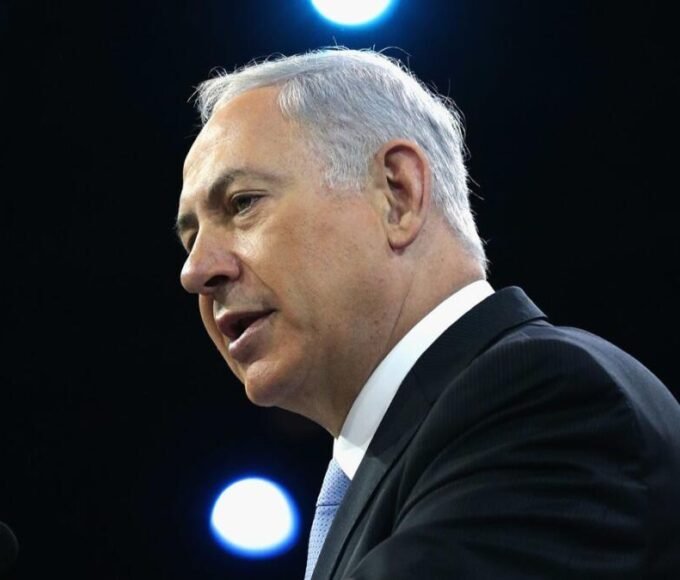Table of Contents
Germany’s Clear Message: Tariffs Hurt Global Trade
Amid growing tensions between the United States and India over escalating tariffs, Germany has taken a firm stand, openly declaring its support for India’s position and criticizing the tariffs imposed by the Trump administration. Germany’s message is clear: tariffs act as obstacles to free trade and threaten global economic growth.
The Deputy Head of Mission at the German Embassy in India, Georg Enzweiler, spoke out against what he called “obstacles to free trade,” urging for tariffs to be reduced to the minimum possible level. His remarks resonate deeply in a world wrestling with protectionism and trade wars that disrupt supply chains and economic stability.
Why Germany Supports India
Germany’s economy is heavily export-driven, relying on open global markets to sustain industries from automobiles to machinery and chemicals. The imposition of high tariffs on Indian goods directly impacts German businesses by disrupting supply chains and reducing trade volumes.
German officials view India’s resistance to US tariffs not only as a defense of national sovereignty but also as essential to preserving international trade rules that benefit countries like Germany. By backing India, Germany is advocating for a rule-based trading system guided by fairness and multilateral cooperation rather than unilateral punitive measures.
The Impact of Trump’s Tariffs on India and Beyond
In 2025, the Trump administration doubled tariffs on a wide range of Indian goods to 50%, citing India’s purchases of Russian crude oil and perceived trade imbalances. These tariffs affect key Indian sectors including textiles, gems, jewelry, footwear, and chemicals, threatening thousands of small and medium enterprises that depend on exports.
India has responded with resilience, pledging support for exporters and seeking new markets. Yet, the tariffs continue to strain relations between two of the world’s largest democracies at a time when global cooperation is crucial.
Germany’s Call for Free Trade and Cooperation
German diplomats emphasize the necessity of reducing trade barriers to foster prosperity. Speaking to the media, Enzweiler highlighted that excessive duties create inefficiencies, hinder economic growth, and slow the progress of poverty reduction worldwide.
Germany’s stance goes beyond rhetoric—it reflects a strategic vision where trade agreements, such as the pending European Union-India trade deal, can unlock new opportunities, strengthen Indo-European ties, and promote sustainable economic development.
The Broader European Context
Germany’s position aligns with that of the European Union, which has consistently called for fair, transparent, and rules-based trade relations. The EU remains committed to its ongoing negotiations with India aimed at fostering deeper economic integration, spurring innovation, and strengthening strategic partnerships across the Indo-Pacific region.
In contrast to protectionist impulses, Europe and India envision a future anchored in collaboration, where barriers are minimized and opportunities expanded for mutual benefit.
Economic Realities: Why Tariffs Are Counterproductive
Tariffs may seem like tools to protect domestic industries, but economists warn of their unintended consequences. Higher duties increase costs for consumers and companies, distort markets, and lead to retaliatory measures that escalate trade conflicts.
Germany, a champion of free trade, points to data confirming that open markets have historically driven innovation, created jobs, and lifted millions out of poverty. The artificial hurdles erected by tariffs threaten these gains and risk fragmenting an increasingly interconnected world economy.
India’s Position: Sovereignty and Partnership
India’s refusal to back down on its energy sourcing and economic policies underscores its desire for strategic autonomy. The country wants partnerships based on mutual respect rather than coercion.
India values its diverse global connections, engaging with powers like the US, China, Russia, and European nations. The backing by Germany offers Delhi encouragement to pursue these ties while maintaining a firm stance on economic sovereignty.
The Human Dimension: Beyond Politics and Economics
At the heart of this tariff dispute are real people—small business owners, exporters, workers, and consumers—whose livelihoods depend on access to markets and affordable products.
From the streets of Mumbai’s textile hubs to the factories in Bangalore, the repercussions ripple far beyond negotiation tables. Germany’s support for reducing tariffs translates into shared hope for stable jobs, economic dignity, and the possibility of a more inclusive global economy.
A Message of Hope and Collaboration
Germany’s stance sends a powerful message to the world: the era of protectionism and trade bullying must give way to dialogue, partnership, and equitable rules. It calls on all nations, including the US, to prioritize collective prosperity over unilateral economic agendas.
This moment offers a chance for reflection and renewed commitments toward open markets that empower all players, big and small.
The Road Ahead: Negotiations and Growth Opportunities
As India seeks to diversify markets and Germany pushes strongly for multilateral agreements, the path forward lies in constructive negotiations free from threats and tariffs. Both sides see opportunity in building closer Indo-European ties, fostering innovation, and addressing global challenges together.
Efforts to finalize trade agreements and enhance cooperation in technology, infrastructure, and sustainability hold promise for healing rifts and catalyzing growth.
Conclusion: Germany’s Bold Support Shapes a Fairer Trade Future
Germany’s clear declaration of support for India amidst Trump’s tariff battles highlights the power of principled leadership and shared values. Standing against protectionism and for free trade, Germany champions a vision of global commerce that is fair, inclusive, and focused on long-term prosperity.
This alliance reinforces India’s resolve and offers hope that cooperation, respect, and mutual benefit will prevail over conflict and division—paving the way for a stronger, more connected world economy.
Read More: India’s Bold Move: Modi Ignores Trump’s Four Calls











Leave a comment